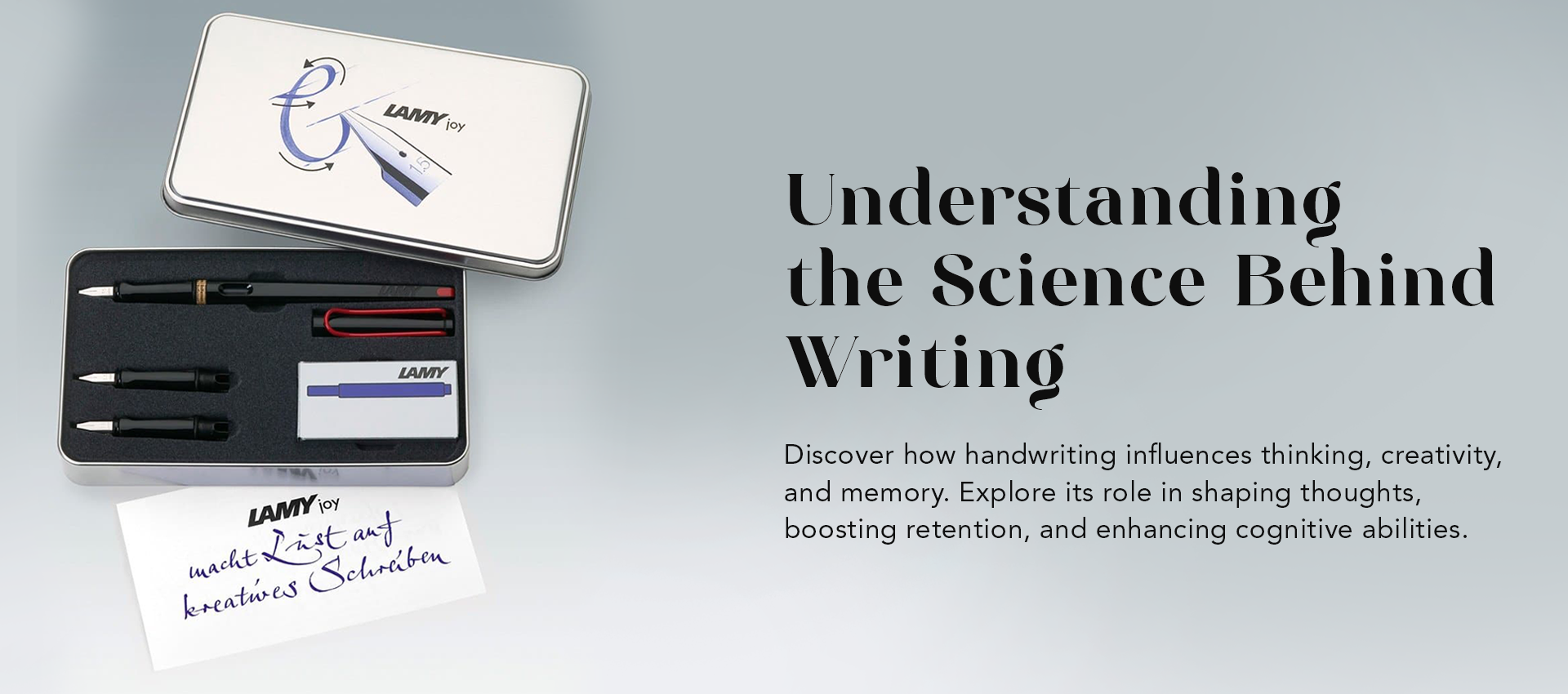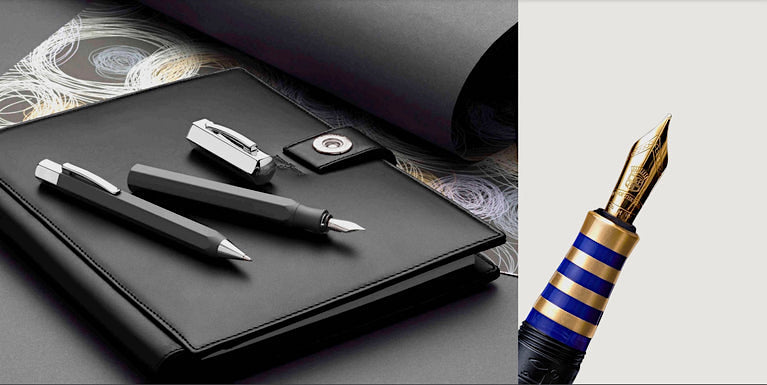The Psychology of Writing: How Handwriting Shapes Thought

Writing is more than words. It’s a representation of your mind, your personality, and your thinking process. Handwriting, significantly, affects the way the brain thinks and absorbs information. It also shapes memory, creativity, and understanding in unique ways. So, we would know why experts imply writing and how beautifully it shapes your thoughts.'
The Brain and the Pen
Handwriting is powerful. It stimulates the brain in profound ways. Every stroke of the pen engages memory and motor skills. Slow writing significantly slows down our writing processes, which puts a filter over everything we do — we have to think — we have to digest and assimilate ideas — it makes learning more efficient.
You know why writing something helps you remember it better? Science backs this up! Research shows that taking handwritten notes helps retention better than typing.
Handwriting and Creativity
Writing by hand fuels creativity. It allows thoughts to flow freely while the pen slows you down, allowing ideas to form. Many great thinkers, like Da Vinci and Woolf, preferred writing over typing. It is a beautiful way to express emotions and showcase creativity.
Ever found yourself doodling while thinking? That’s creativity in action! The physical act of writing helps ideas connect and grow.
What Happens When We Stop Writing by Hand?
Digital tools have replaced handwriting for many, and schools now focus on typing. But does this impact how we think?
Some researchers believe it does. Typing is fast, but it lacks depth. The brain engages less when typing than when handwriting, which could weaken memory and creativity over time.
When was the last time you wrote something by hand? Try it today. See how it feels. Trust us with the right pen in hand - every word you write will be magical.
Bringing Handwriting Back
Handwriting isn’t outdated. It’s a cognitive tool that helps with concentration, developing higher patience, and mindfulness. Writing by hand allows us to connect to our thoughts. It is a scientific process that calms down the mind and streamlines thought processes.
Want a habit of handwriting? Start small. Keep a journal. Pen down everything you feel and want to express. Take handwritten notes. Write letters to friends. If nothing else, even a simple doodle might trigger new ideas.
Final Thoughts
Handwriting isn’t simply an ancient skill. It influences the way we think, learn, and create. In a high-speed digital universe, it provides a moment of clarity. So, what are you waiting for?
Pick up a pen of your choice, perhaps a fountain pen, rollerball, etc., and write something down. Let your thoughts flow seamlessly. You never know when you may even rediscover something extraordinary.




Comments